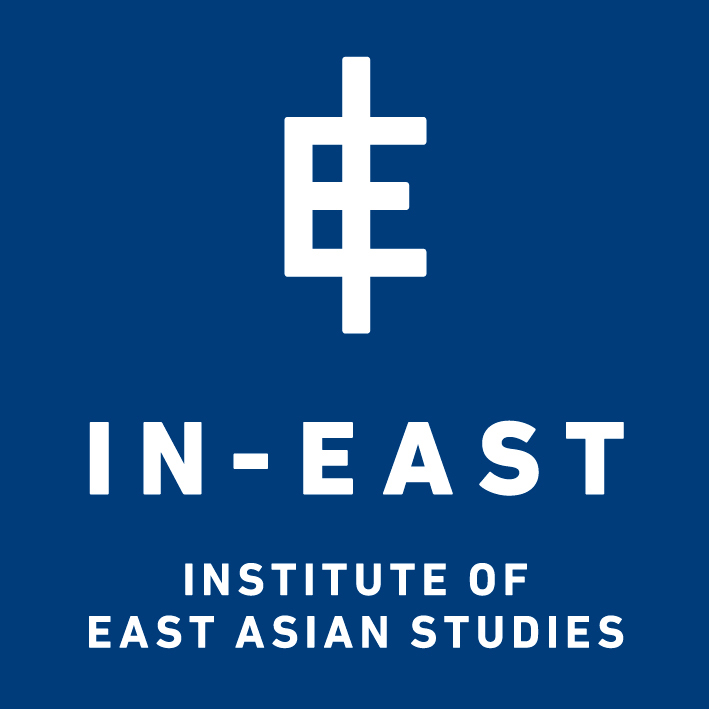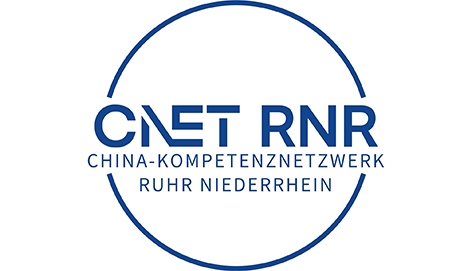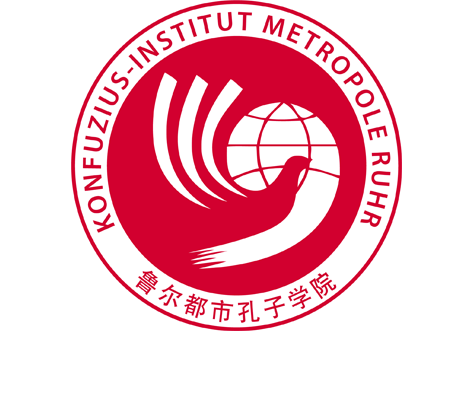IN-EAST News
26.07.2017 - 15:13
Research Forum Lecture by Peng Lu
Cadre Parents and Their Children for Business? The Dual-Track Intergenerational Reproduction of Elites in China: 1978–2010 | Wed, July 26th, 2017, 16–18 h |
Room LE 736 | Campus Duisburg
Abstract:
This article tries to demonstrate and conceptualize a mode of reproduction of elites in a transitional society away from state domination to market oriented. By focusing on China’s market transformation, we aim to explore how parents’ advantaged occupations have influenced the chance of their children’s status attainment in certain elite positions (administrative, technocratic, market), and whether these patterns have shown variation during three periods (1978–1992, 1993–2002, and 2003–2010).
Based on China Social Survey 2011 data, statistical analyses show that although parents’ advantaged position has a persistent effect on children’s status attainment, the reproduction of the state elite and the market elite still follows two separate tracks: the children of cadres do not show systematic advantage in the process of becoming entrepreneurs and managerial elites, and the children of entrepreneurial and managerial elites are unlikely to join cadres.
It also shows that the effects of reproduction model could still be enhanced and dominated by state power in different historical times. Findings further direct our attention to important interplays between the family socioeconomic conditions and the contextual inequality in achieving a deeper understanding of the elites’ trajectory inequality in contemporary
Biography:
Peng LU is an associate professor at Institute of Sociology, Chinese Academy of Social Sciences. He earned his Ph.D. degree in sociology at Tsinghua University in 2010, plus a visiting student experience at Yale University from 2007-2008. He worked at New York University Abu Dhabi (NYUAD) as a postdoctoral research fellow from 2011 to 2012. He works in the fields of social stratification, business-government relationship, Chinese entrepreneurship, and comparative studies in post-communist and new emerging economies. He serves several vital academic posts, including secretary-in-general of Research Center for Private Entrepreneurs of Chinese Academy of Social Sciences, and under-secretary-general of Committee of Social Stratification and Social Mobility of Chinese Sociology Association. He is also the managing director of Chinese Private Entrepreneur Survey, a nationwide survey conducted every two years since 1993.











